Relive all the glory from the Buccaneers' second championship season—from their final 8-game winning streak, to winning three straight road playoff games, before returning home to the Crowning Glory of Super Bowl LV at Raymond James Stadium.
Related Movies
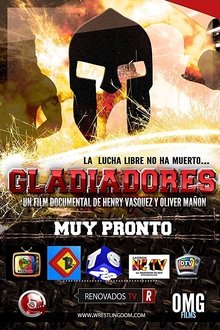
Gladiators of the Desert (2017)
In Chile, where European football (i.e., soccer) is the dominant sport, Coach Carlos Zuniga offers at-risk teenage boys a unique opportunity to learn and play American-style football. He struggles through a grueling season trying to balance teaching the unfamiliar game to his players while fighting for recognition and funding from city officials who have no interest in the sport.

Now or Never: A Tony Romo Story (NaN)
"Now or Never" stars Tony Romo and follows Romo's life with his family, friends, teammates and coaches who tell the improbable story of how the undrafted free agent and underdog became captain of the Dallas Cowboys and "America's Team".
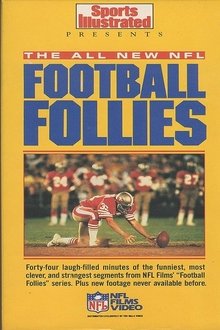
The All New NFL Football Follies (1986)
This collection of football follies comes from Sports Illustrated and was a subscription bonus for signing up to the magazine.
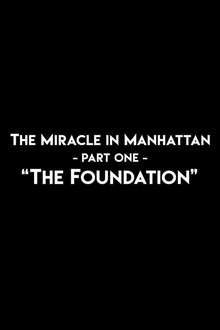
The Miracle In Manhattan, Part 1: "The Foundation" (2017)
The true story of the greatest turnaround in college football history.
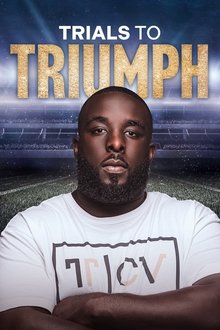
Trials To Triumph: The Documentary (2023)
Follows the story of Freddie Stevenson from his meteoric rise through high school and college football to a chaotic life afterwards that led him to reinvent himself and rise up all over again. This documentary connects similar stories of struggle and redemption from motivational speaker Tony Gaskins, "General Hospital" star Maurice Benard, NFL and CFL player Delvin Breaux, and more. These stories are raw and uncut, just as they want to to tell them.

Leaf (2017)
From can't miss future NFL star to incarcerated addict, former San Diego Charger Ryan Leaf shares insight into the choices and mistakes he made that changed his life forever.
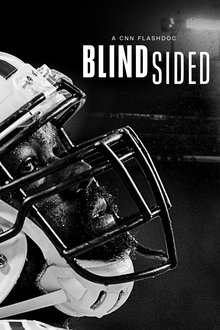
Blindsided (2023)
A documentary examines the claims the Tuohy family have made about adopting Oher for over a decade, casting scrutiny on the conservatorship they put in place which has now been terminated by a judge. Oher’s litigation with the Tuohys continues, with the latter filing a sworn document on November 8 that they paid Oher more than $138,000 in profits from the film. Oher is expected to file any counterclaims by the end of November.
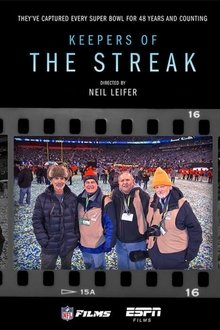
The Keepers of the Streak (2015)
The NFL has staged 48 Super Bowls. Four photographers have taken pictures at every one of them. In KEEPERS OF THE STREAK, director Neil Leifer tells the story of this exclusive club, made up of John Biever, Walter Iooss, Mickey Palmer and Tony Tomsic. With their cameras, they have captured football's biggest game of the year for almost five decades.
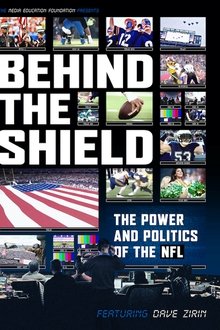
Behind the Shield: The Power and Politics of the NFL (2022)
Celebrated author and Nation magazine sports editor Dave Zirin tackles the myth that the NFL was somehow free of politics before Colin Kaepernick and other Black NFL players took a knee.
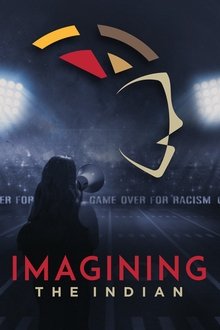
Imagining the Indian: The Fight Against Native American Mascoting (2021)
Examining the movement that is ending the use of Native American names, logos, and mascots in the world of sports and beyond.
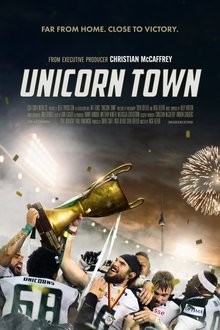
Unicorn Town (2022)
Despite having just 40,000 residents and limited financial resources, the Schwäbisch Hall Unicorns have been able to compete at the highest level of football in all of Europe. But as more money floods into the sport, coaches and fans must face the question: has this team become a relic of the past or can their remarkable culture propel them beyond the constraints of reality?
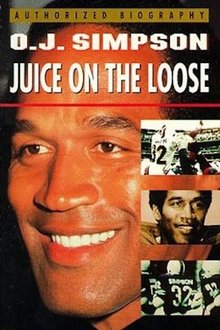
O.J. Simpson: Juice on the Loose (1974)
An independently produced sports documentary on the career of O.J. Simpson, (#32) the upcoming running back for the Buffalo Bills football team.
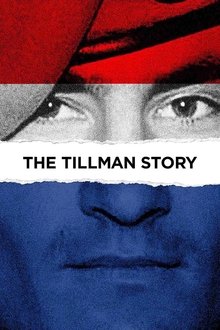
The Tillman Story (2010)
Pat Tillman never thought of himself as a hero. His choice to leave a multimillion-dollar football contract and join the military wasn't done for any reason other than he felt it was the right thing to do. The fact that the military manipulated his tragic death in the line of duty into a propaganda tool is unfathomable and thoroughly explored in Amir Bar-Lev's riveting and enraging documentary.
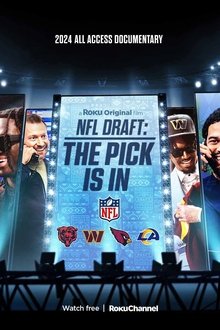
NFL Draft: The Pick Is in (2024)
NFL Films brings audiences behind the scenes of the 2024 NFL Draft. Crews embedded in the draft rooms of the Bears, Commanders, Cardinals, and Rams and followed super-agent Drew Rosenhaus on his travels to see clients in three states. Catch all the action and emotion on the red carpet and backstage with NFL Network's Rich Eisen, Kaylee Hartung, Ian Rapoport, and Commissioner Roger Goodell.
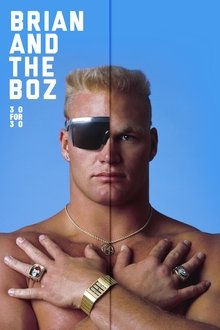
Brian and the Boz (2014)
In some ways, Barry Switzer and Brian Bosworth were made for each other. The Oklahoma coach and the linebacker he recruited to play for him were both out-sized personalities who delighted in thumbing their noses at the establishment. And in their three seasons together (1984-86), the unique father-son dynamic resulted in 31 wins and two Orange Bowl victories as Bosworth was awarded the first two Butkus Awards. But then Bosworth's alter ego: "The Boz," took over both their lives and ultimately destroyed their careers. In "Brian and The Boz," Bosworth looks back on the mistakes he made and passes on the lessons he learned to his son. It's a revealing portrait of a man who had and lost it all, and a trip back to a time when enough just wasn't enough.
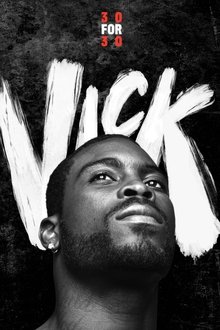
Vick (2020)
A comprehensive reminisce at each chapter of former NFL quarterback Michael Vick’s saga–the incredible rise, shocking fall and polarizing return.
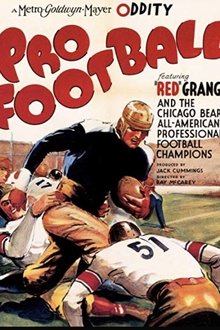
Pro Football (1934)
This MGM Oddity features the 1933 National Football League champion Chicago Bears. The team demonstrates various plays, which are shown first in real time, then in slow motion.

The Great Trade Robbery (2014)
In 1989, the largest trade in NFL history sent Herschel Walker from Dallas to Minnesota. The Vikings destroyed what appeared to be a budding dynasty by selling the farm for Walker. Dallas restored its place as America's Team, became the team of the 1990's and won three Super Bowls. Most people consider it to be the worst trade ever made. Except for Jimmy Johnson. He'd say it's the best.

Red Fever (2024)
Red Fever is a witty and entertaining feature documentary about the profound -- yet hidden -- Indigenous influence on Western culture and identity. The film follows Cree co-director Neil Diamond as he asks, “Why do they love us so much?!” and sets out on a journey to find out why the world is so fascinated with the stereotypical imagery of Native people that is all over pop culture. Why have Indigenous cultures been revered, romanticized, and appropriated for so long, and to this day? Red Fever uncovers the surprising truths behind the imagery -- so buried in history that even most Native people don't know about them.
